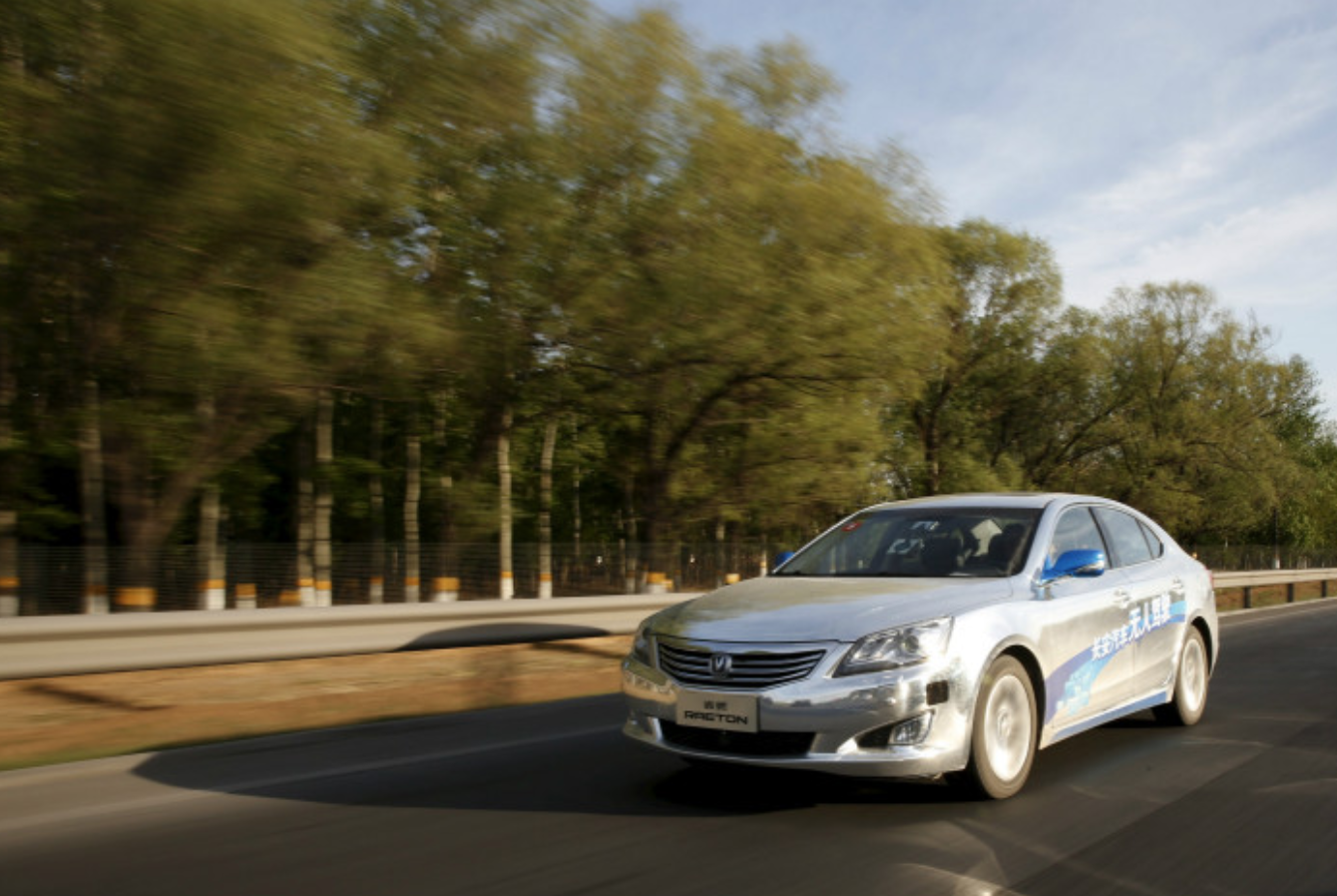$2 billion artificial intelligence park in Beijing
A tech park to be built in the Mentougou District in western Beijing is just part of China’s plans to dominate artificial intelligence by 2030. Fast-developing sectors include specialized AI computer chips and autonomous cars.


Xinhua News Agency reported on January 2 that Zhongguancun Development Group would work with authorities to build a $2.1 billion technology park in the Mentougou District in western Beijing. The park, Xinhua says, will “focus on developing areas such as super high-speed big data, cloud computing, biometric identification and deep learning,” and include a 5G mobile network. It is expected to eventually house around 400 companies, after construction is completed “within three to five years,” according to Quartz. Media reports on the tech park invariably note that it is part of a government plan for China to become a “world-leading” player in artificial intelligence by 2030. Two other parts of the plan got media attention this week:
- AI computer chips, which China has “the capital, the talent, a huge consumer market and — crucially — rafts of data,” along with significant state support to excel in developing, the Wall Street Journal reports (paywall).
- Autonomous cars, which got a designated suburb of Beijing for testing this week, Caixin said. Meanwhile, the National Development and Reform Commission announced that it aimed for half of all new cars to implement AI by 2020, and for 90 percent of big cities and highways to be wired to support the technology, Reuters notes.
EARLIER THIS WEEK:
Wenzhou Kangning caters mostly to affluent white collar workers, but its $29.5 million IPO is a significant step toward building better mental health services for all Chinese citizens.
Chinese pharmaceutical companies, including Chi-Med, BeiGene, and Jiangsu Hengrui, aim to submit dozens of new drugs for trial in the U.S. in the next five years. The first approvals could come as early as 2019.
With the announcement of curbs on electricity use and, potentially, land-use and tax incentives that favor bitcoin miners, the Chinese government appears eager to discourage cryptocurrency production in China.
- Mobile payment industry
Code crackdown: China payments restrictions to hit profits / Reuters
“A decision by China’s central bank to rein in reserve funds held by payment firms could cost the industry upwards of $689 million a year, spur consolidation and alter the way Asia’s biggest tech firms move money.” - Google in China
Google eyes Chinese e-sports market with investment in Chushou / Reuters - Food safety
China removes 1,400 baby formula products from shelves / Bloomberg - The Great Game of tech in India
Alibaba, Tencent, SoftBank corner Amazon and Uber to become the biggest allies of India’s digital entrepreneurs / Economic Times of India - Medicine
U.S. firm finds good medicine in China-developed skin drug / Caixin
Gene-detection firm raises $62 million / Caixin - Bitcoin
Bitcoin miners are shifting outside China amid state clampdown / Bloomberg - Facial recognition
Most of Macau’s ATMs can recognize faces / Caixin - Box office
‘Star Wars: The Last Jedi’ struggling to second place opening in China / Variety - Beer
China beer shares surge on report prices have been boosted / Bloomberg






